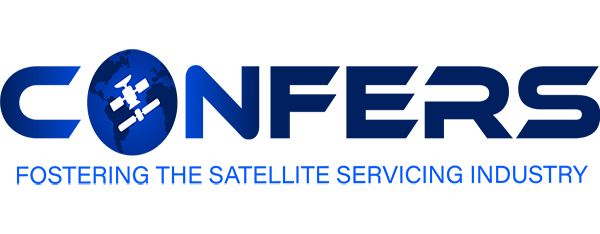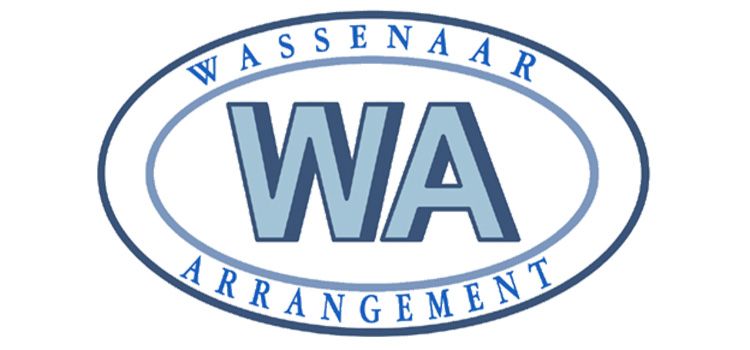Multistakeholder Instruments & Other Initiatives

Asia Pacific Regional Space Agency Forum
The Asia Pacific Regional Space Agency Forum (APRSAF) is a multistakeholder forum to enhance space activities in the Asia-Pacific region. It contains several working groups, including a working group on space policy and law which aims to enhance the capacity in space policy and law of each country. APRSAF discusses global issues as a contribution from the region, such as ensuring a stable use of outer space, and serves as a regional forum which can enhance outer space information sharing and multilateral trust in space activity, thereby contributing to space security objectives.

Asia-Pacific Space Cooperation Organization
The Asia-Pacific Space Cooperation Organization (APSCO) is an inter-governmental organization providing a cooperative mechanism for developing countries in the region to be able to mainstream peaceful use of space as a driver of development. By resource sharing in space science, space technology and space application, APSCO promotes multilateral cooperation to facilitate capacity building of its Members.

Consultative Committee for Space Data Systems
The Consultative Committee for Space Data Systems was formed in 1982 to provide a forum for discussion of common problems in the development and operation of space data systems. Since its establishment, it has been actively developing standards for data-systems and information-systems to promote interoperability and cross support among cooperating space agencies, to enable multi-agency spaceflight collaboration (both planned and contingency) and new capabilities for future missions.

Consortium for Execution of Rendezvous and Servicing Operations
The Consortium for Execution of Rendezvous and Servicing Operations (CONFERS) is an industry-led initiative.
CONFERS aims to leverage best practices from government and industry to research, develop, and publish non-binding, consensus-derived technical and operations standards for on orbit servicing (OOS) and rendezvous proximity-operations (RPO).

The Hague Code of Conduct against Ballistic Missile Proliferation (HCoC)
The Hague Code of Conduct against Ballistic Missile Proliferation (HCoC) is the result of efforts of the international community to internationally regulate the area of ballistic missiles capable of carrying weapons of mass destruction. By subscribing to the HCoC, members voluntarily commit themselves politically to provide pre-launch notifications (PLNs) on ballistic missile and space-launch vehicle launches (SLVs) and test flights. Subscribing States also commit themselves to submit an annual declaration (AD) of their country’s policies on ballistic missiles and space-launch vehicles.

Missile Technology Control Regime
The Missile Technology Control Regime (MTCR) is about preventing the proliferation of the systems capable of delivering WMDs. At the heart of the Regime is an adherence to a common export policy applied to an agreed list of items (the MTCR Equipment, Software, and Technology Annex.) The MTCR does not take export licensing decisions collectively. Rather, members are responsible for implementing the Guidelines and Annex on the basis of their national decision-making. The MTCR is an informal, voluntary group of countries which seek to coordinate national export licensing efforts. It is not a treaty with binding commitments.

The Wassenaar Arrangement
The Wassenaar Arrangement has been established in order to contribute to regional and international security and stability, by promoting transparency and greater responsibility in transfers of conventional arms and dual-use goods and technologies, thus preventing destabilising accumulations. Participating States seek, through their national policies, to ensure that transfers of these items do not contribute to the development or enhancement of military capabilities which undermine these goals, and are not diverted to support such capabilities.